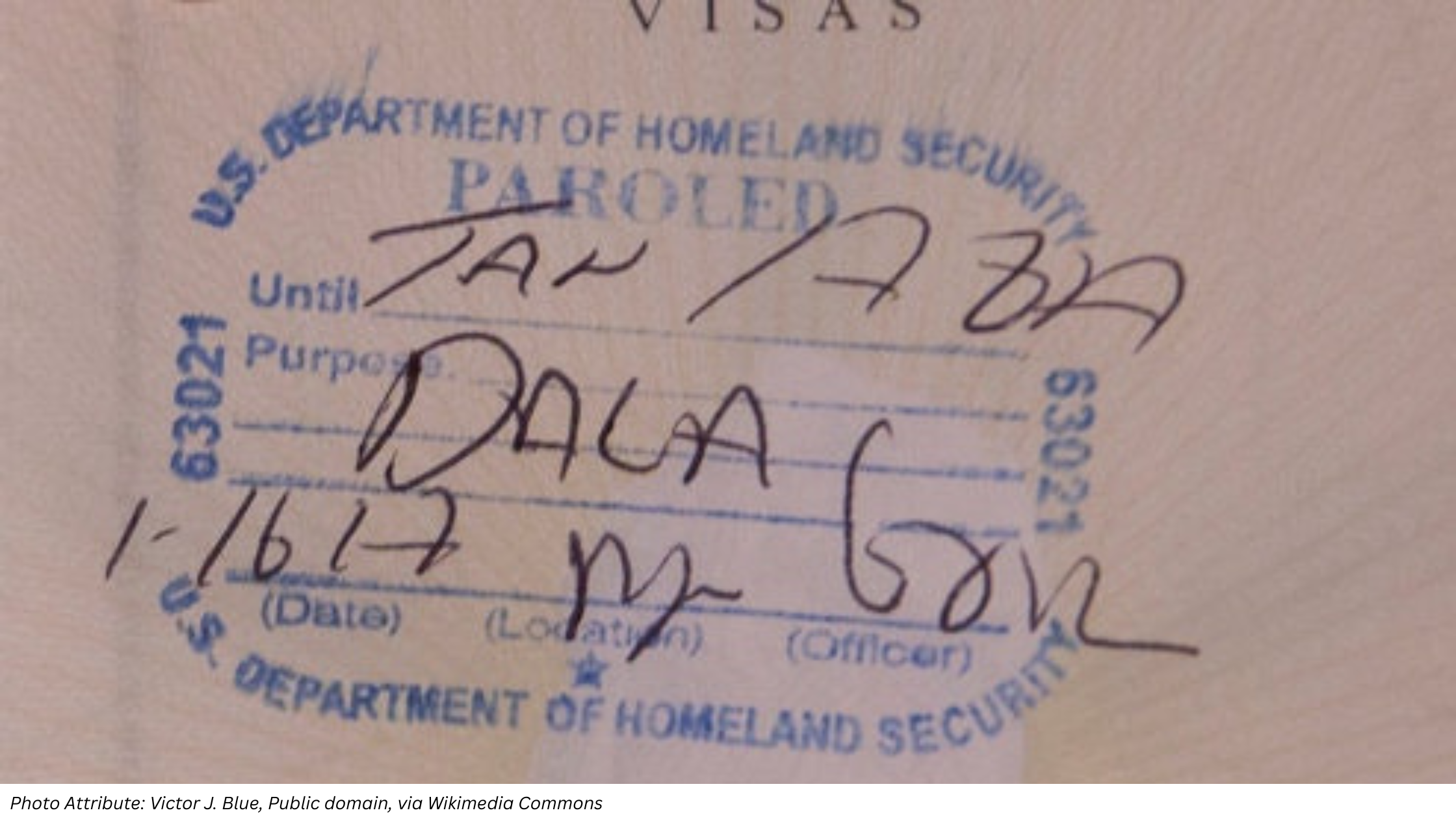The Deferred Action for Childhood Arrivals (DACA) program has been a lifeline for many undocumented youth brought to the United States as children. Yet, as legal battles continue, the future of DACA applications in 2025 remains uncertain. If you’re considering filing for DACA for the first time or helping someone through the process, it’s crucial to understand the latest eligibility rules, filing requirements, and court updates before submitting your application.
Current DACA Filing Rules and Eligibility

You can still file an initial DACA application with U.S. Citizenship and Immigration Services (USCIS). However, because of a federal court order, the Department of Homeland Security (DHS) cannot currently process or approve new initial DACA requests. Applications will be accepted and held, but not reviewed or granted. If you already have DACA, you may continue to renew your status since USCIS is still processing renewals.
To qualify for DACA, applicants must generally show that they:
- Arrived in the U.S. before turning 16
- Have lived continuously in the U.S. since June 15, 2007
- Were under age 31 on June 15, 2012
- Are in school, graduated, earned a GED, or were honorably discharged from the military
- Have not been convicted of serious crimes or pose a security threat
If you decide to file for DACA, it is important to prepare the required forms and gather all supporting evidence before submitting your application.
You will need to provide:
- Proof of identity, such as a passport, national ID, or birth certificate.
- Proof of continuous residence in the United States since June 15, 2007 (for example, school records, leases, medical records, or bills).
- Proof of education or military service (if applicable), such as school transcripts, diplomas, GED certificates, or military discharge papers.
You must also complete and submit the following forms together:
- Form I-821D – Consideration of Deferred Action for Childhood Arrivals
- Form I-765 – Application for Employment Authorization
- Form I-765WS – Worksheet to Establish Economic Need
Double-check that all information is accurate, signed, and accompanied by the correct filing fee before mailing your application to USCIS.
Be sure to pay the correct fees and check the latest fee amount on the USCIS website, as filing costs may increase.
The Legal Landscape: Why Initial DACA Applications Are on Hold
It is important to understand that submitting an initial DACA request right now means USCIS will hold, but not process, your application until the courts allow it to move forward.
DACA continues to face legal battles over whether the program was lawfully created. Federal court rulings have paused the processing of new initial requests but have not eliminated the program for those already covered.
The situation remains fluid, and changes can happen quickly. Stay updated by following official information from USCIS’s DACA page and other trusted sources, such as:
Before spending money on fees or preparing an application, talk to an experienced immigration attorney or accredited representative. If you currently have DACA, renew your status 120–150 days before it expires to avoid gaps in protection.
New in 2025: DACA Faces Renewed Legal and Policy Challenges

In 2025, the DACA program remains under intense scrutiny as the Trump administration re-evaluates deferred action policies and their impact on immigration enforcement. While renewals continue to be processed for existing recipients, new DACA applications remain paused under ongoing federal litigation led by the Fifth Circuit Court of Appeals. Recent court filings narrowed the scope of injunctions, allowing renewals to proceed nationwide but keeping first-time applications on hold until further judicial clarification.
Advocates warn that uncertainty is growing as federal agencies signal stricter interpretations of eligibility and enforcement priorities. Immigrant rights organizations are urging Congress to take legislative action to protect Dreamers permanently, but no new legislation has yet been advanced. Meanwhile, community groups and legal aid organizations continue to assist DACA recipients in renewing on time, updating work permits, and exploring longer-term immigration options.
For Dreamers, the key message in 2025 is preparation. Keeping documentation current, consulting trusted immigration counsel, and understanding the limits of DACA protection have become essential steps in navigating an increasingly unpredictable policy environment.
Conclusion: Stay Protected, Stay Informed
While you can submit an initial DACA application today, it will not move forward until the courts allow DHS to process these requests. If you are eligible, consult a legal professional to weigh the risks and benefits of applying now and to explore other forms of immigration relief that may apply to you.
At Qazi Law Offices, we help Dreamers renew their DACA status and explore permanent immigration options. Call 630-504-0648 or schedule a confidential consultation with Attorney Farrah to plan your next steps.
Sign Up for Our Newsletter: Receive weekly immigration news and free toolkits.
Follow us on social media for updates, support, and alerts:
Facebook: Qazi Law Offices
Instagram: Abogada Farrah Qazi
LinkedIn: Qazi Law Offices
Your future is worth protecting. With the right guidance and preparation, you can move forward with confidence and hope.

